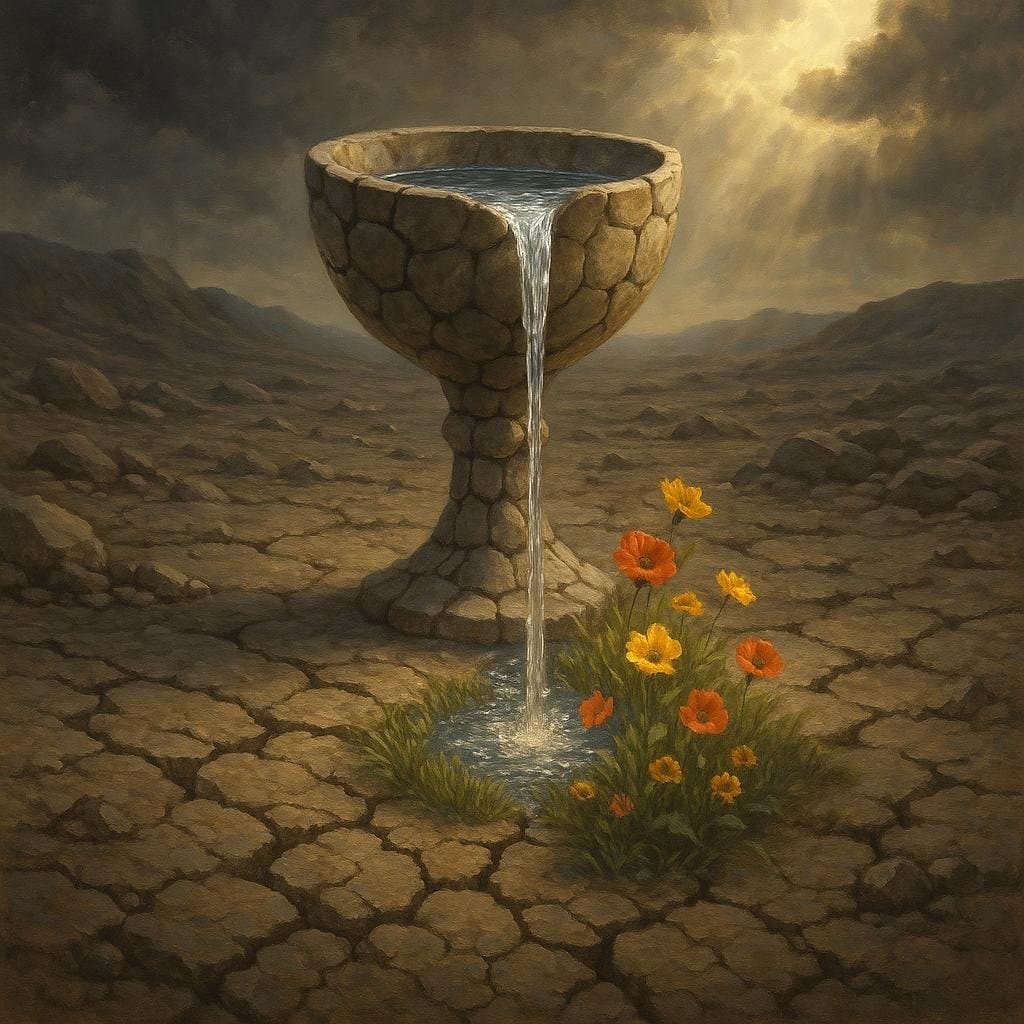Suffering as the Pathway to True Joy

To taste the essence of joy, you must drink from the cup of your own suffering. — Khalil Gibran
The Interdependence of Suffering and Joy
Khalil Gibran’s evocative metaphor suggests that authentic joy cannot exist without the contrasting experience of suffering. Much like the interplay of shadow and light brings depth to a painting, our personal hardships give meaning to happiness. Gibran’s work, especially in 'The Prophet' (1923), often dwells on this idea that suffering and joy are two sides of the same emotional coin, inseparable and mutually defining.
Philosophical Roots of Emotional Duality
Expanding on Gibran’s insight, philosophers from the Stoic tradition, such as Seneca, have long posited that only by confronting adversity do we appreciate pleasure. This belief echoes in Eastern philosophies as well; for instance, the Buddhist teaching of the Four Noble Truths asserts that recognizing suffering is the first step toward liberation and happiness. Thus, Gibran’s wisdom taps into a universal truth about the human condition.
Personal Transformation Through Pain
Transitioning from philosophy to lived experience, countless individuals recount how periods of pain have deepened their capacity for joy. For example, Viktor Frankl, in his memoir 'Man’s Search for Meaning' (1946), describes finding moments of profound happiness even amidst the horrors of a concentration camp, advocating that meaning and joy are often distilled through suffering. Such narratives reinforce the transformative power embedded within hardship.
Artistic Expression and Emotional Resonance
The arts, too, illustrate this dynamic interplay. Poets, musicians, and painters frequently channel their suffering into works that resonate with audiences, offering catharsis and connection. Gibran himself wrote with a lyrical sensitivity shaped by personal loss and displacement, transforming anguish into beauty. This alchemy allows both creator and audience to savor joy more intensely, precisely because it emerges from pain.
Embracing Suffering to Enrich Life
Ultimately, embracing one’s suffering, rather than resisting or denying it, can foster resilience and a deeper appreciation for life’s pleasures. By 'drinking from the cup of your own suffering,' to borrow Gibran’s words, individuals cultivate empathy, gratitude, and a richer sense of fulfillment. In this way, hardship is not merely endured but becomes the vessel through which the essence of joy is tasted most deeply.